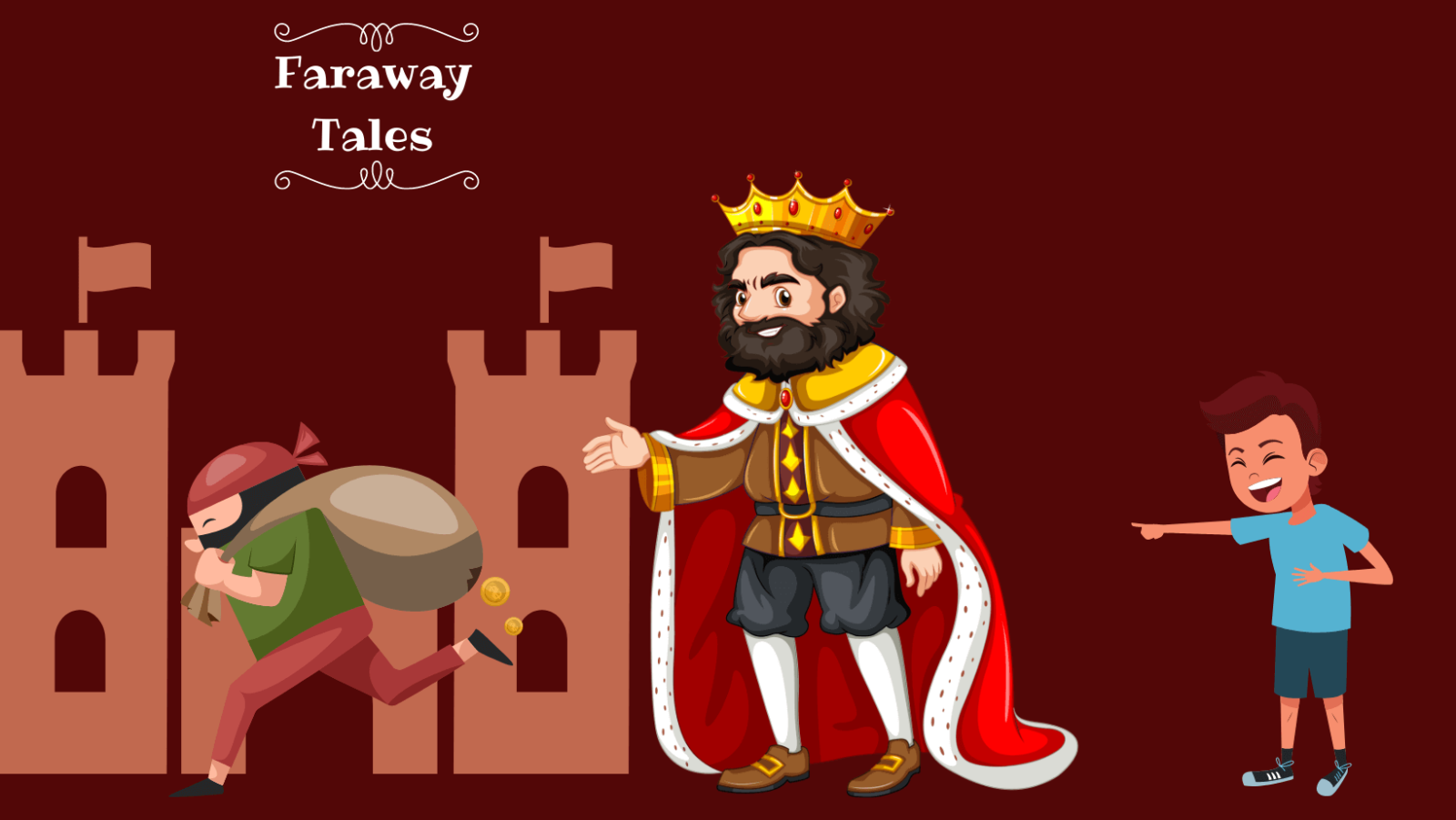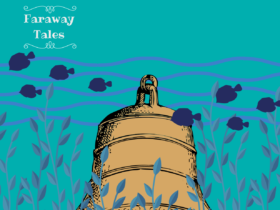|| A Scandinavian fairytale ||
Many years ago there was an emperor who was so fond of clothes that he spent all his money on them.
He did not give himself any concern about his army; he cared nothing about the arts or for hunting about in the woods, except for the sake of showing himself off in new clothes.
Two thieves came into the town one day, who gave themselves out as weavers and said that they knew how to weave the most exquisite stuff imaginable.
Not only were the colors and patterns uncommonly beautiful, but the clothes that were made of the stuff had the peculiar property of becoming invisible to every person who was unfit for the office he held or who was exceptionally stupid.
“Those must be valuable clothes,” thought the emperor.
“By wearing them I should be able to discover which of the men in my empire are not fit for their posts.”
And he paid the swindlers a handsome sum of money. As for them, they put up two looms and pretended to be weaving.
They called for a quantity of the finest silks and of the purest gold thread, all of which went into their own bags, while they worked at their empty looms till late into the night.
The king sent his faithful and able prime minister to check on the progress.
So the worthy old minister went into the room where the two swindlers sat working the empty looms. “Heaven save us!” thought the old man, opening his eyes wide.
“Why, I can’t see anything at all!” But he took care not to say so aloud. He did not want to be perceived as unfit or stupid.
“Oh, it is most elegant, most beautiful!” said the dazed old man, as he peered again through his monocles. I will certainly tell the emperor how pleased I am with the stuff.”
The thieves, pleased that their plan was working, continued to pretend – work.
After few more days, the emperor sent another honest statesman to see how the weaving was progressing, The same thing happened with him as with the minister.
He gazed and gazed, but as there was nothing, yet he did not want to admit that there was nothing.
Next time, the emperor himself went with his select set of worthy men. All the men showered praised on the non-existent finery.
They even suggested that the king wear the grandeur to the upcoming procession.
Not wanting to be known that he was unfit or stupid, the king played along as well, “Exquisite!”, he said, even though he was secretly worried.
On the day of the procession, time came for the emperor to get ready.
“Will your Majesty be graciously pleased to take off your clothes so that we may put on the new clothes here, before the great mirror?”, said the cunning thieves.
The emperor took off his clothes, and the rogues pretended to put on first one garment and then another of the new ones they had pretended to make.
They pretended to fasten something round his waist and to tie on something. They made a great show of dressing him up. They said the train (flowing part of the robe) the king had on was to be carried behind by 6 men.
The men came forward and lifted an invisible train, not daring to say a word!
So the naked emperor went along in the procession, under the splendid canopy.
Every one in the streets said:
“How beautiful the emperor’s new clothes are! What a splendid train!
And how well they fit!”
No one wanted to let it appear that he could see nothing, for that would prove him not to be stupid.
None of the emperor’s clothes had been so great a success before.
“But he has nothing on!” said a little child.
“Just listen to others,” said its father; and one person whispered to another what the child had said. “He has nothing on; a child says he has nothing on!”
“But he has nothing on,” cried all the people.
The emperor was startled by this, for he had a suspicion that they were right.
But he thought, “What a fool I have been! But I must face this out to the end and go on with the procession.” So he held himself more stiffly than ever, vowing to change his vain habit and find the culprits.
Meanwhile, the cunning rogues had fled the kingdom.
Like (0)








Leave a Reply